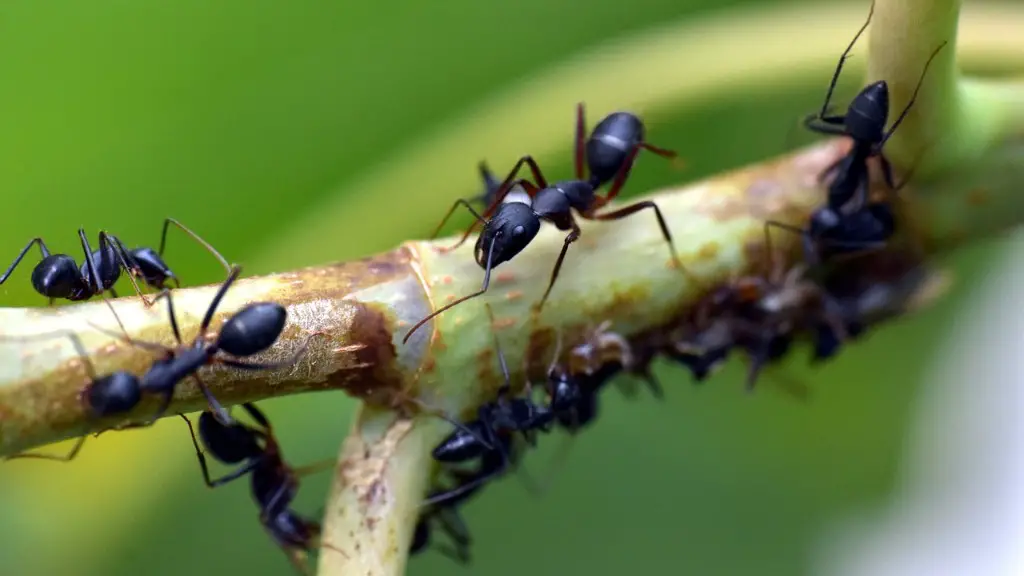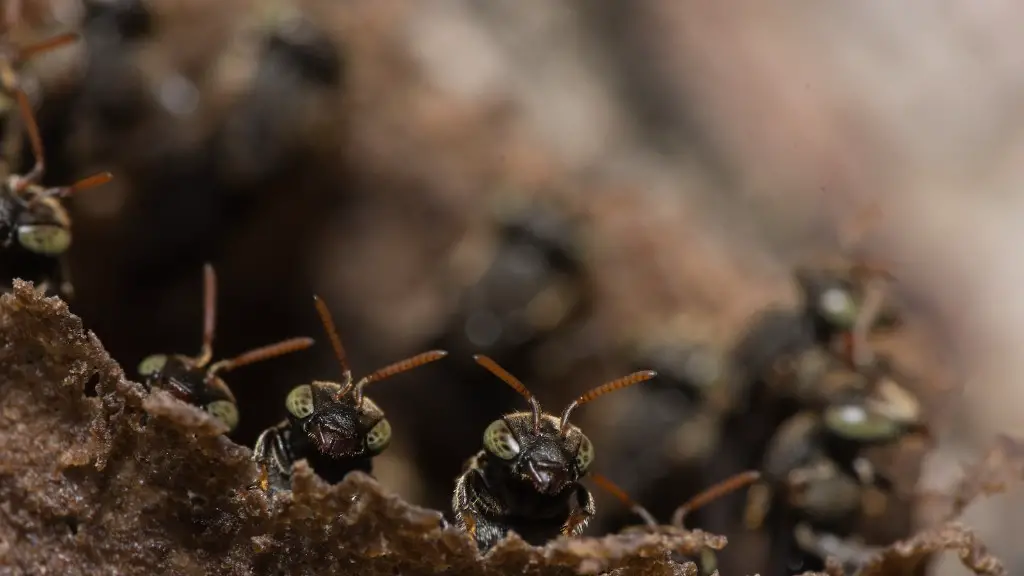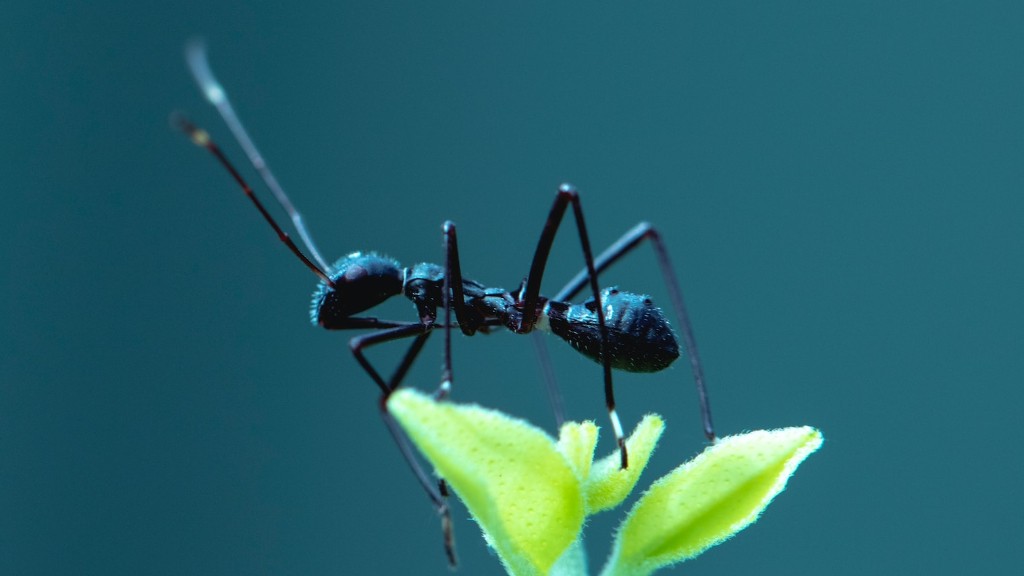What Is Cinnamon and What Can It Do For Ants?
Cinnamon is a spice obtained from the bark of various trees belonging to the genus Cinnamomum, most commonly Cinnamomum cassia, native to Southeast Asia. It has a distinctive sweet, woody and pungent aroma, and is often used as a flavoring or in medicine. It has become a popular flavoring for food and beverages, and is widely used in sweet baked goods in the United States, South America and Europe. Although commonly known for its flavor, cinnamon is also praised for its medicinal properties. It has been used in traditional medicine for centuries, especially in Chinese and Indian Ayurvedic practices. It is believed to have anti-inflammatory, antioxidant and anti-fungal benefits.
But when it comes to ants, can cinnamon actually make them go away? Does cinnamon actually have any effect on ants? It’s time to separate fact from fiction.
Does Cinnamon Work Against Ants?
Cinnamon has been used for centuries as an ant repellent and for other pest control purposes. However, scientific research has shown that there is little evidence that cinnamon has any effect on controlling ant populations. In one study, for example, researchers tested the effects of cinnamon powder on ants but found it ineffective at preventing them from entering the home.
That said, there are anecdotal reports of people who have used cinnamon to get rid of ants from their homes. It’s possible that certain species of ants may be more sensitive to the volatile aromatic compounds found in cinnamon than others, making it effective in some cases. But without more definitive research, it’s impossible to say whether cinnamon is truly an effective ant repellent.
Do Ants Like Cinnamon?
Another question that people ask is whether ants actually like cinnamon. Some people believe that the smell of cinnamon attracts ants, so it would make sense that they would like it. But the reality is that ants are drawn to food, not necessarily smells. So while ants may be attracted to the smell of cinnamon, they are likely actually attracted to any food particles in the vicinity.
In other words, unless you have a plate of cinnamon cookies sitting around, it is unlikely that the smell of cinnamon will have any effect on the behavior of ants.
Conclusion
In conclusion, the scientific evidence suggests that cinnamon may not have any effect on controlling ant populations, and that ants are likely attracted to food rather than smells. That said, there are anecdotal reports of people who have used cinnamon to repel ants from their homes, suggesting that certain species of ants may be more sensitive to cinnamon than others. Ultimately, whether or not cinnamon has any effect on ants—positive or negative—is still uncertain.
Using Natural Insect Repellents
When it comes to pest prevention, natural insect repellents can be a great alternative to chemical-based products. Natural insect repellents are derived from plants or other natural ingredients, and can help keep pests away without the use of harsh chemicals.
Some of the most popular natural repellents include essential oils like lemon, clove and peppermint oil, which have been shown to be effective at deterring certain pests. Other examples include citronella, garlic, cedarwood and neem oil, which have also been found to be effective insect deterrents.
These natural insect deterrents can be used to safely and effectively repel pests from your home without putting your family’s health at risk. They can be sprayed around the perimeter of your home and around door and window frames to keep pests out.
Preventive Measures to Keep Ants Away
If you’re looking for a more permanent solution to keeping ants away, there are a variety of preventive measures you can take around the home. These include sealing any cracks or gaps in walls and windows to limit entry points, keeping food in airtight containers, and regularly mopping or vacuuming floors to remove crumbs and other sources of food.
You can also use natural deterrents like diatomaceous earth, which is a non-toxic, powdery substance made up of tiny fossilized aquatic organisms. Diatomaceous earth is lethal to ant colonies, as it kills their exoskeletons and dehydrates them upon contact.
How To Use Bait To Get Rid of Ants
Another effective method of controlling ant populations is to use bait traps. These baits are formulated with a combination of food and insecticides which, when consumed by the ants, will spread the insecticide among the rest of the colony and eventually kill them.
When using bait traps, it’s important to use baits specifically designed for the type of ant you’re trying to eliminate, as different species of ants may require different types of bait. Bait traps should also be placed near active ant colonies, as they will be more attractive to the ants.
Nontoxic Alternatives To Eliminating Ants
If you’re looking for a more environmentally friendly and nontoxic way to get rid of ants, vinegar is a great alternative. Vinegar is an all-natural ingredient that can be used to make powerful ant repellent spray. Simply mix equal parts vinegar and warm water, and spray it on areas where ants are congregating. The vinegar will act as both a repellent and an inhibitor, as it will prevent them from smelling food and eventually starve them out.
You can also make a natural ant repellent by mixing equal parts of water, eucalyptus oil, and white pepper. This mixture can be placed in small containers or sprayed directly onto ant trails, providing an all-natural deterrent that won’t harm the environment.
A Natural Insecticide To Deter Ants
Finally, if you’re looking for an all-natural insecticide that won’t harm the environment, diatomaceous earth is a great alternative. Diatomaceous Earth is a non-toxic powder made from fossilized aquatic organisms, and is highly effective in eliminating ant colonies without the use of chemicals.
Simply sprinkle the powder along ant trails, around entrances and windows, or in any other areas where you notice ant activity. The powder will work by killing their exoskeletons and dehydrating them upon contact, providing an effective, mean of controlling ant populations without the use of harsh chemicals.


